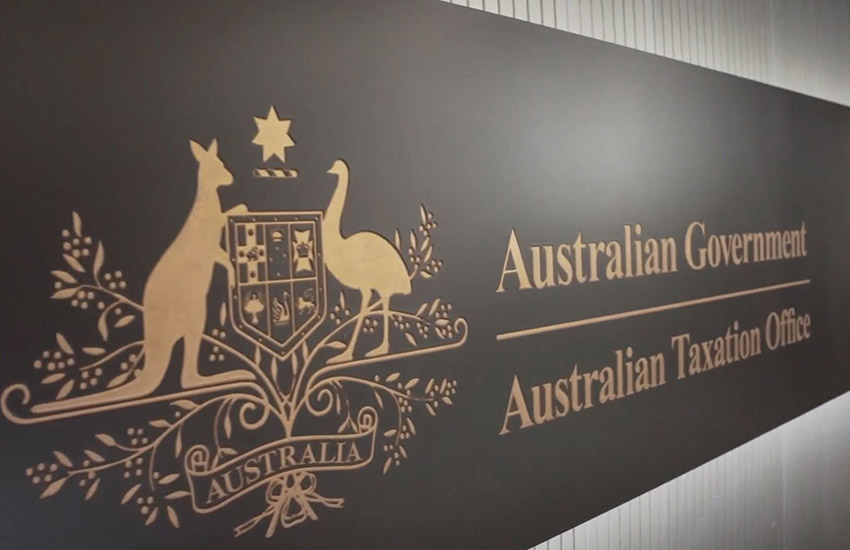The ATO on Monday released its interim report on its Top 500 tax performance program, a one-to-one engagement program which aims to ensure that Australia’s largest private groups and high-wealth individuals are paying the right amount of tax.
Top 500 groups are classified as those who have a turnover of more than $350 million, over $500 million in assets, or a combination of the two. They collectively control $207 billion in net assets, report around $195 billion in total income and have over 16,000 associated entities.
You’re out of free articles for this month
Of the 500, just 52 groups have obtained the highest transparency rating of justified trust, which gives the ATO assurance that tax issues are treated correctly, and earns the group the benefit of a scaled-down “monitoring and maintenance” period of three years from the ATO.
To achieve justified trust, the ATO must be satisfied that a group has effective tax governance, that flagged risks are not present in the group, that tax outcomes from both ongoing and atypical transactions are understood, and that differences in accounting and tax results are complete and can be explained in context.
The largest portion of 213 groups have engaged with the ATO but have either not supplied evidence or are uncertain about committing to attaining justified trust. A further six are unwilling to work with the Tax Office.
“We have observed that large private groups tend to have lower levels of corporate governance and invest less in tax governance than public groups,” said ATO assistant commissioner Kasey Macfarlane.
“Large private groups also face less stringent regulatory reporting requirements and our ability to obtain certainty is frequently complicated by opaque group structures and related-party dealings that occur outside of tax consolidation, further emphasising the importance of the ATO’s focus and ongoing engagement of this important group of taxpayers.”
The ATO’s interest in these groups comes as a result of recent tax gap reports, which highlighted a 7.7 per cent tax gap in the sector worth $772 million.
The Tax Office believes its one-to-one approach with wealthy groups has paid dividends, with engagement with the Top 320 groups seeing tax payable jump by 40 per cent from $3.2 billion to $4.5 billion between 2015 and 2018.
However, the ATO’s engagement process has been less than well received by taxpayers, with some being overwhelmed by the ATO’s deep dive into all tax and superannuation issues within the group.
Chartered Accountants Australia and New Zealand (CA ANZ) tax leader Michael Croker said members have complained of the high compliance costs stemming from lengthy and poorly targeted ATO information-gathering requests, and the time taken to complete the reviews.
“Right from the get-go, CA ANZ has been saying to the ATO that private groups rely heavily on their tax advisers to provide much of the tax governance the ATO seeks,” said Mr Croker. “These companies generally don’t have in-house tax functions like the listed companies do.”
Shaun Cartoon, partner at law firm Arnold Bloch Leibler, had earlier warned that the ATO’s resource-intensive approach might come as a surprise to some taxpayer groups.
“These reviews might initially feel like you’re getting a big, warm hug from the ATO, who wants to know everything about your group and how it works,” Mr Cartoon said. “Clients mustn’t be fooled, because that hug can quickly turn into a tight squeeze.
“There will be taxpayer groups that are not familiar with this kind of engagement; it will be new to them.
“You need to be preparing now and collating all of your material. If the taxpayer prepares now, it means that they will be more likely to identify a tax risk issue before the ATO does.”
Jotham Lian
AUTHOR
Jotham Lian is the editor of Accountants Daily, the leading source of breaking news, analysis and insight for Australian accounting professionals.
Before joining the team in 2017, Jotham wrote for a range of national mastheads including the Sydney Morning Herald, and Channel NewsAsia.
You can email Jotham at: This email address is being protected from spambots. You need JavaScript enabled to view it.

 Login
Login







